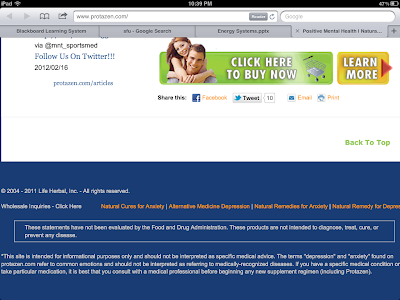 At Pubmed, I found a scientific study regarding the relationship between racism and mental health disorders. Personally, I have never thought of racism as being a factor in disorders such as depression but after reading this study it makes complete sense.
At Pubmed, I found a scientific study regarding the relationship between racism and mental health disorders. Personally, I have never thought of racism as being a factor in disorders such as depression but after reading this study it makes complete sense.The purpose of the study was to explore the associations between self-reported racism and the health and well-being outcomes. The study was done on 345 young aboriginal Australian people aged 16-20. The subjects were also prospects in the Prospective Aboriginal Birth Cohort study; commited to the study at birth (1987-1990) and then there was a follow up done in 2006-2008. The participants self-reported their social and emotional well-being. In the study they used a questionnaire to assess their well-being because it was validated as 'culturally appropriate' for the participants then recorded subject's waist-to-hip ratio and BMI (Body Mass Index).
32% of the participants reported racism: racism was associated with anxiety, depression, suicide risk, and poor overall mental health, which puts the 32% of the participants at risk for the above problems. The study concluded that there was no significant correlation between self-reported racism and resilience or any anthropometric measures.
After the study was completed they found that self-reported racism was associated with poor social nd emotional well-being. Poor social and emotional well-being include: anxiety, depressino, suicide risk and poor overall mental health in general.
One could have guessed that would be the results of this study simply because if you are getting bullied for something you cannot control such as the colour of your skin, religion and so on, your self esteem would decrease which could lead to mental disorders such as depression, anxiety and can also put you at a high suicide risk.




